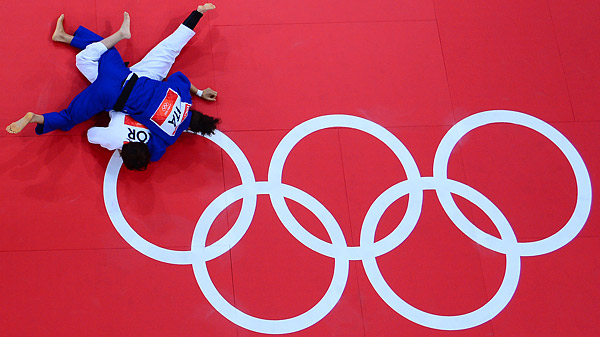
Olympic judo is a highly respected martial art and Olympic sport that emphasizes skill, discipline, and respect. Originating in Japan in 1882, judo was created by Jigoro Kano as a way to promote physical education, self-improvement, and mutual welfare. It was introduced to the Olympic program in 1964 and has since become a popular and competitive sport worldwide. Judo’s inclusion in the Olympics highlights its status as a discipline that combines athleticism with principles of respect, humility, and strategic thinking.
In Olympic judo competitions, male and female athletes compete in different weight categories, fighting on a mat to outscore their opponents through throws, holds, submissions, or penalties. The goal is to either score an ippon, which immediately ends the match and signifies a perfect technique, or accumulate points through successful techniques. Matches are fast-paced and require a combination of strength, agility, technique, and mental focus. Judokas must carefully analyze their opponents and use timing and strategy to gain an advantage, making judo both physically demanding and mentally challenging.
Judo’s core principles are reflected in its rules and etiquette. Respect for opponents, judges, and the sport itself is fundamental, with athletes bowing before and after matches as a sign of sportsmanship. In addition to physical skill, judokas must exhibit discipline, humility, and perseverance, which are integral to their training and competition mindset. These values make judo more than just a sport; it is a way of life that promotes character development and mutual understanding among practitioners from diverse backgrounds.
The Olympic stage has elevated judo’s profile and inspired many athletes around the world. Famous judokas like Teddy Riner, Kayla Harrison, and Tadahiro Nomura have achieved international recognition for their skill and dedication. Olympic judo competitions often produce dramatic moments, such as last-minute throws or strategic submissions, captivating audiences and showcasing the sport’s excitement and technical depth. The global popularity of judo continues to grow, fostering cultural exchange and friendship among athletes from different nations.
In conclusion, Olympic judo is a sport that combines athletic excellence with strong ethical principles. Its history, competitive nature, and emphasis on respect and discipline make it a unique and inspiring part of the Olympic program. Through intense competitions and remarkable displays of technique, judo continues to promote values of perseverance, humility, and mutual respect. As the sport evolves and new generations of judokas emerge, Olympic judo remains a powerful symbol of both physical prowess and character development, enriching the Olympic movement worldwide.


